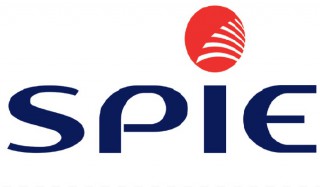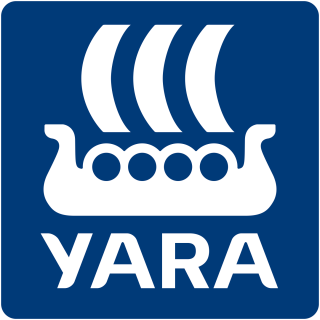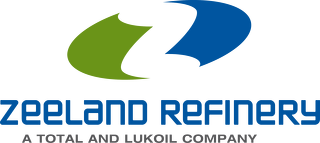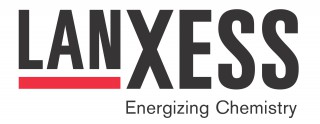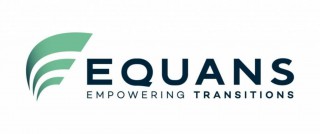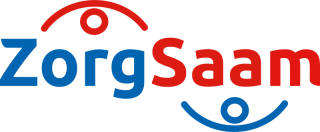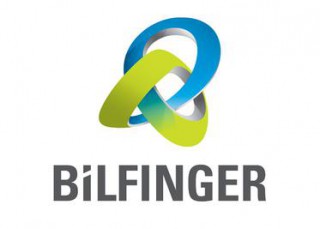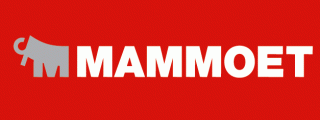Procurement
Procurement is a collective name for various activities such as:
- Purchasing
- Expediting
- Inspection
- Traffic Logistics
- Material Management
- Contracts
PURCHASING
Once the Engineering Departments have specified their materials, this will be summarised and sent to Procurement on a requisition such as.
- Mechanical: barrels, columns, heat exchangers, pumps, compressors, etc;
- Piping: bulk materials such as pipes, flanges, fittings, valves, gaskets, filters, etc;
- Electrical and Instrumentation: motors, transformers, high and low voltage installations, instruments, operating systems, lighting, etc;
- Civil: with Construction steel, concrete, etc.
Applications are made to pre-agreed suppliers who, in turn, submit an offer.
These offers are evaluated commercially and technically after which a selection takes place to decide which supplier is to be commissioned. Contract negotiations are held with this selected supplier, which ultimately lead to a purchase agreement. This order then finds its way to expediting.
EXPEDITING
Because it is of the utmost importance that materials arrive at the construction site on the correct date in accordance with construction plans, Expediting constantly maintains contact with the suppliers to ensure progress in the manufacturing / production and delivery of materials. Furthermore, Expediting is responsible for reporting to the Project Team and Construction Management regarding material deliveries. The order follow-up can take place from the office by telephone, fax and e-mail as well as by visiting suppliers to check on progress. In this phase, the Expediter is also an important link between the supplier and the Project Team. Not only is the progress important, the quality of the product to be delivered is also essential. This brings us to Inspection:
INSPECTION
The manufacturer / supplier is often bound to pre-established quality standards. Because the demands that are made are often very stringent and the consequences of possible defects in materials can be substantial and costly, quality checks are performed regularly. This includes checking, for example, welding, measurements and completeness. In addition, documents often pertain to devices and materials (certificates) which also serve to ensure quality. If everything is found to be in good order, transportation to the building site then takes place. Here, Traffic & Logistics aspects are of importance.
TRAFFIC & LOGISTICS
Different delivery conditions are available, "ex-works" (the goods are available to the buyer at the supplier’s factory) to "FOB construction site". In the latter case, the supplier is responsible for transport to the construction site. In the case of an "ex-works" delivery, Traffic & Logistics aspects must be taken into account when transporting the materials around the world. This is a separate discipline within Procurement, and often sparks the imagination when huge pieces of equipment or columns sometimes need to be transported across the world's seas.
MATERIAL MANAGEMENT
To ensure a smooth flow of goods, sound management of materials is essential. This is the world of computer systems that at all times provide an insight into the state of affairs regarding availability. But not only availability; planning is also important for proper project execution.
The materials management system looks ahead and sets priorities based on construction schedules.
The materials management system also allows us to align the activities of the different departments so that efficiency in project execution is achieved.
CONTRACTS
In addition to the design, specification and purchase of equipment, the factory installation must also be built. Usually the construction is outsourced to a contractor. There are several ways of paying for the work:
- Lump sum: A fixed price for the total assignment with agreed unit prices for more and less work;
- Unit rate: A fixed price for unit work, such as laying piping per metre, installing a valve, etc. Settlement upon installation of units;
- Reimbursable: Settlement based on hours worked and material used.
The form of payment chosen depends on:
- Available information at the time of issue
- The risks
- The planning
- Quality
- Cost management
- Schedule
With a lump-sum contract, the costs can only increase by means of a "field work order", a signed alteration to the contract. This ensures strong cost control.
With unit rate, and even more so with reimbursable, flexibility and quality are at the forefront; cost control less so.
The technical disciplines (Process, Mechanical, Piping, E & I and Civil / Structural) are responsible for the technical part of the contract: the "scope of work" - what the contractor must do and what he must deliver and deciding on the units in order to be able to calculate the variations in contracted time. In the evaluation of the offers, the technical disciplines must give advice on the technical part of the package. Also, together with Construction, they will have to assess the organisation and the experience being offered. Later during the construction phase, the technical disciplines will take part in discussions on the job orders and claims.
Software packages udes
Functions under the category of procurement




